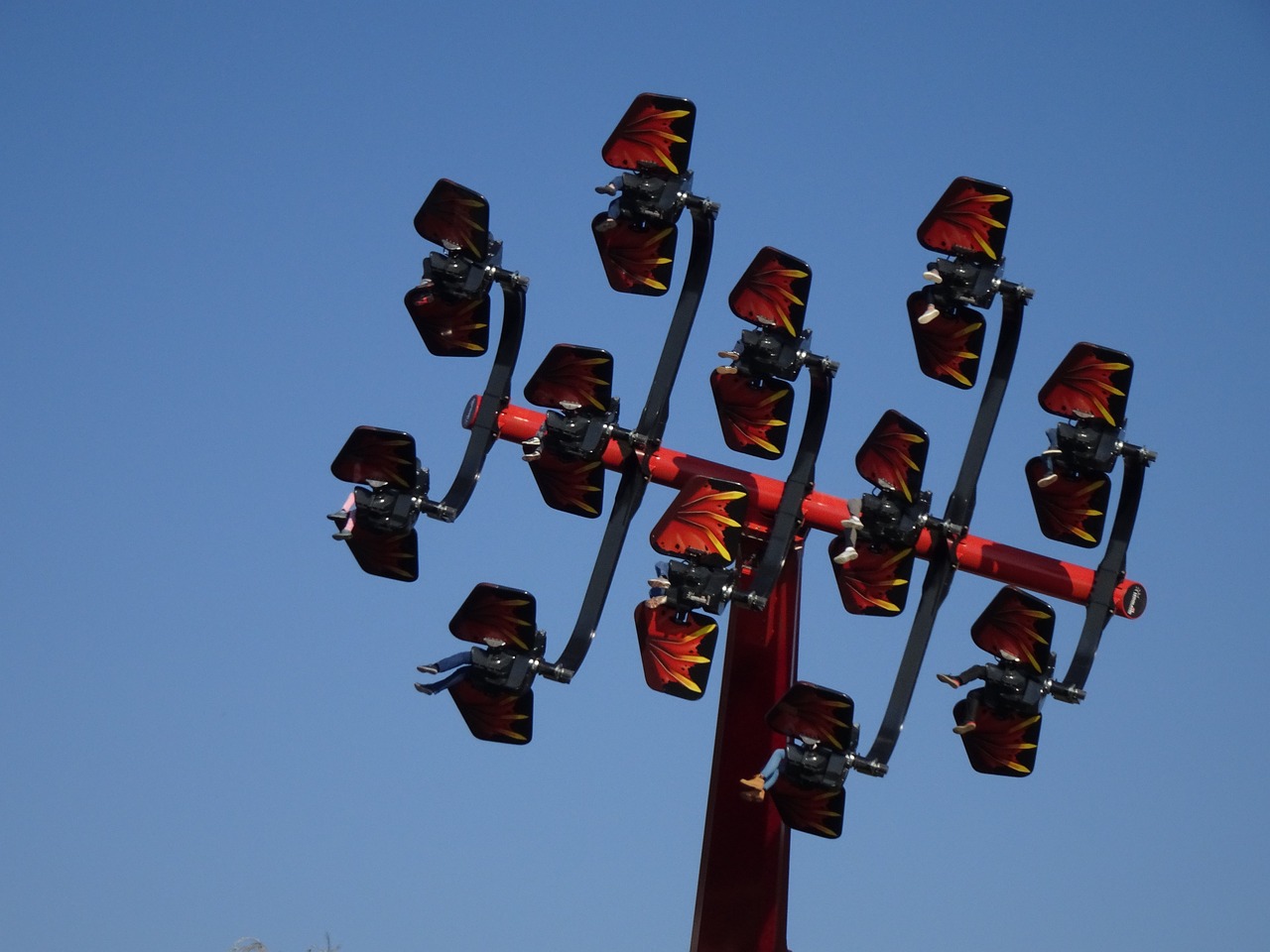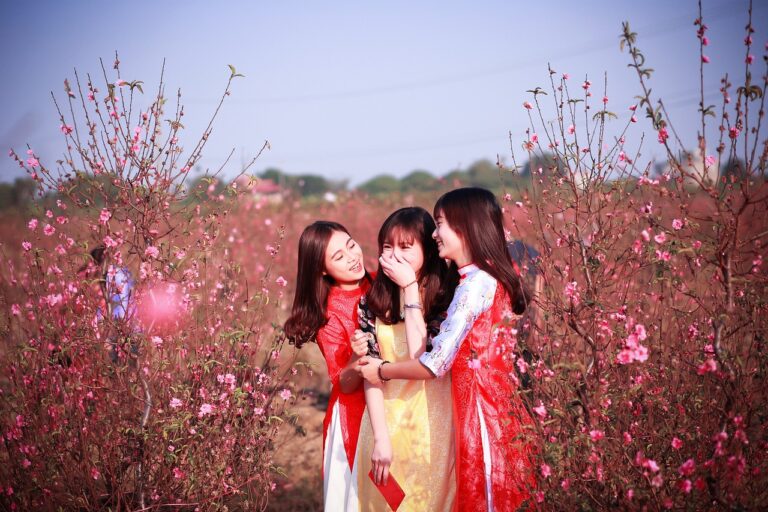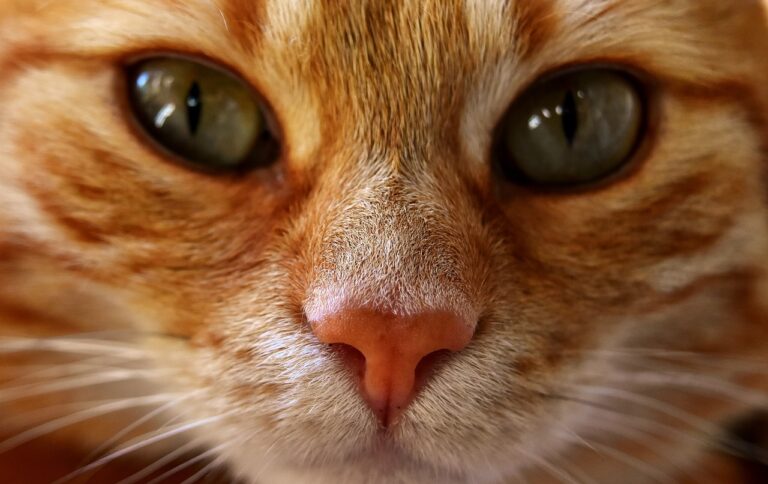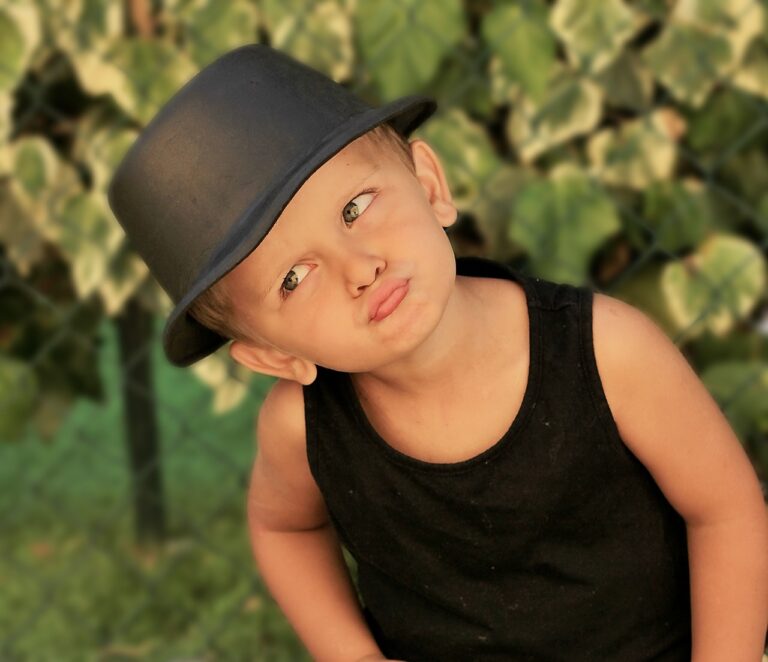Virtual Influencers: The Future of Celebrity Culture?
Virtual influencers have taken the social media world by storm in recent years, blurring the lines between reality and simulation. These computer-generated personalities, often created by brands or agencies, are captivating audiences with their flawless aesthetics and curated content. With their ability to be in multiple places at once and never age, virtual influencers offer a level of flexibility and longevity that traditional celebrities can only dream of.
The rise of virtual influencers has revolutionized the marketing industry, providing brands with a new way to connect with consumers in an increasingly digital world. By collaborating with virtual influencers, companies have found a way to reach tech-savvy audiences and stay ahead of trends in influencer marketing. As these digital personalities continue to gain popularity and influence, the relationship between brands, consumers, and traditional celebrities is undergoing a significant transformation.
The Impact on Traditional Celebrities
Traditional celebrities are facing a new kind of competition in the form of virtual influencers, who are gaining popularity and influence on social media platforms. As these virtual entities continue to attract attention and endorsements, traditional celebrities are finding themselves sharing the spotlight with digital personas that have been created by computer algorithms and branding strategies.
Many traditional celebrities are now questioning their place in the ever-evolving social media landscape, wondering how they can stay relevant in the face of this new competition. With virtual influencers able to engage with audiences 24/7 without the need for rest or privacy, traditional celebrities are feeling the pressure to constantly stay in the limelight and maintain a strong presence across multiple digital platforms.
The Authenticity Debate
Virtual influencers have sparked a heated debate regarding authenticity in the realm of social media. Critics argue that these computer-generated personalities lack the genuine experiences and emotions that human influencers possess. The curated perfection of virtual influencers raises concerns about the blurred line between reality and fiction.
On the other hand, proponents of virtual influencers argue that they offer a new form of entertainment and creativity. These digital avatars can be meticulously designed to embody specific personas and characteristics without the flaws and limitations of real-life individuals. Supporters believe that virtual influencers provide a fresh and innovative approach to content creation that can resonate with a broad audience.
• Virtual influencers have sparked a heated debate regarding authenticity in the realm of social media.
• Critics argue that these computer-generated personalities lack the genuine experiences and emotions that human influencers possess.
• The curated perfection of virtual influencers raises concerns about the blurred line between reality and fiction.
• Proponents of virtual influencers argue that they offer a new form of entertainment and creativity.
• These digital avatars can be meticulously designed to embody specific personas and characteristics without the flaws and limitations of real-life individuals.
• Supporters believe that virtual influencers provide a fresh and innovative approach to content creation that can resonate with a broad audience.
What are virtual influencers?
Virtual influencers are computer-generated personalities created using CGI technology, who act as social media influencers and engage with followers online.
How are virtual influencers impacting traditional celebrities?
Virtual influencers are posing a challenge to traditional celebrities by offering a more controllable and customizable brand image, leading to a shift in marketing strategies.
What is the authenticity debate surrounding virtual influencers?
The authenticity debate revolves around the question of whether virtual influencers can be considered authentic, as they are not real people and are controlled by the companies that create them.
Are virtual influencers here to stay?
It is uncertain whether virtual influencers are here to stay, as their popularity continues to grow but there are also concerns about their ability to connect with audiences on a personal level.
How are traditional celebrities adapting to the rise of virtual influencers?
Traditional celebrities are adapting to the rise of virtual influencers by leveraging their own authenticity and personal connections with fans to differentiate themselves in the digital landscape.







